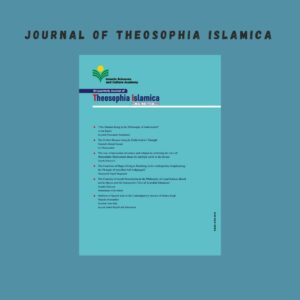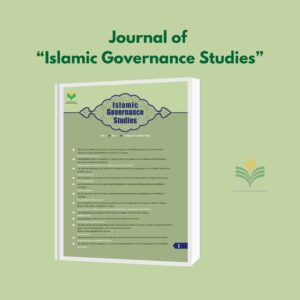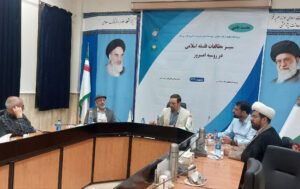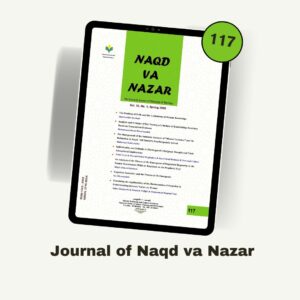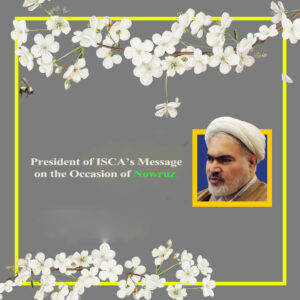Research Center for Jurisprudence and Law was established in 1995 and it focuses on the research areas such as jurisprudential and legal studies of Islam and its related sciences. The works of this research center are very diverse and are not exclusive to a specific field of jurisprudence and law, but according to criteria such as the needs of the society and the lack of sufficient research on a specific subject, researches are prioritized for approval. The main characteristic of the studies and research of this research center is the observance of the two elements of innovation and the applicability of innovation.
One of the most important innovations of this research center is its effort to clarify and explain the philosophy of jurisprudence and to institutionalize it in research related to jurisprudence. Throughout its scientific life, the research center has strived to emphasize the ever-increasing effectiveness of Imamiya jurisprudence by re-examining its legacy while adapting to new developments, drawing upon the rich legacy of Imamiya jurisprudence and employing scholars and experts from the Islamic seminary.
Mission
Study and research on all practical legal and jurisprudential issues needed and challenging in society and the Islamic system.
Objectives
1. Elucidation and refinement of the theoretical foundations and frameworks of jurisprudential knowledge to empower and expand it into various individual and social arenas.
2. Elucidation and depiction of the Islamic legal system and demonstrating its superiority over other legal systems.
3. Providing effective jurisprudential models to address the fundamental needs and questions of contemporary human beings and society.
4. Offering rational analyses of jurisprudential and legal teachings.
5. Elucidating the foundations and jurisprudential and legal issues of the Islamic Republic of Iran and dealing with its needs.
6. Identifying gaps, needs, harms, and problems in the jurisprudential and legal system of the Islamic Republic of Iran.
7. Jurisprudential-legal pathology of the legislative, judicial, and executive institutions of the Islamic Republic system.
8. Refinement and elucidation of the foundations, sources, scope, objectives, history, and methods of inference in Islamic jurisprudence and law.
9. Identifying the challenges and questions faced by Islamic jurisprudence and law in the mentioned areas and striving to provide scholarly responses to them.
10. Transferring the needs of the field of inference to sciences of Usul and turning them into topics in Usuli form and manner.
11. Directing the meticulous skills of Usul from purely scientific issues to practical issues.
12. Quantitative and qualitative development of the science of Usul within the framework of its nature and instrumental role with the aim of responding to the needs of inferring emerging issues.
13. Preventing the science of Usul from becoming a non-referential and non-useful science with respect to inference.
14. Creating the necessary scientific context for the spread of theorizing in Usul and jurisprudence.
15. Enriching the potential of the knowledge of jurisprudential rules within the framework of strengthening comparative discussions of jurisprudence and law.
Research Departments:
This research center has three research departments, which are as follows:
• The Department for Philosophy of Islamic Jurisprudence and Law
• The Department for Jurisprudence-related Sciences (Usul Fiqh, Jurisprudence rules, rijal and Hadith)
• The Department for Jurisprudential and Legal Issues


